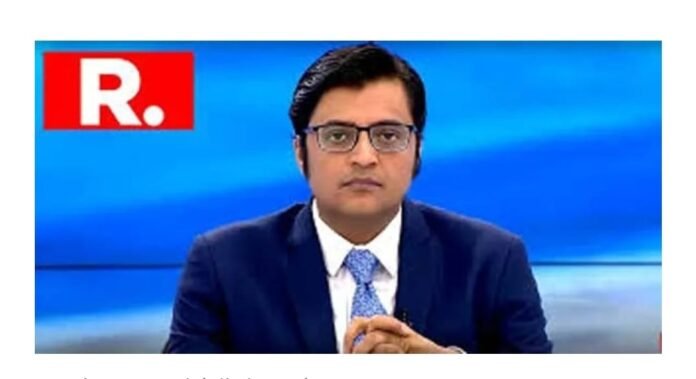In a significant development, Arnab Goswami, the Editor-in-Chief of Republic TV, has tendered an unconditional apology before the Delhi High Court in a contempt case dating back to 2016. The case, which had been ongoing for several years, reached a turning point as Goswami expressed remorse for his actions.
The contempt case stemmed from allegations of Goswami making derogatory remarks against the judiciary during a news broadcast. The court took a serious view of his comments and initiated legal proceedings against him, which continued for an extended period.
Acknowledging the gravity of the situation, Arnab Goswami decided to tender an unconditional apology to the Delhi High Court. His apology was submitted in writing, expressing remorse for his remarks and any potential disrespect caused to the judiciary. The move highlights Goswami’s willingness to take responsibility for his actions and seek resolution in the long-standing legal dispute.
The court will now review the apology and assess its merits before deciding on further course of action. If the court accepts the apology, it may lead to the closure of the contempt case. However, if the apology is deemed insufficient or insincere, the legal proceedings could continue, potentially resulting in penalties or other consequences.
Arnab Goswami’s role as the Editor-in-Chief of Republic TV has often put him in the spotlight, making him a prominent figure in Indian media. The 2016 contempt case has been closely followed by the public and media alike, given its implications for freedom of speech and the judiciary’s authority.
The tendering of an unconditional apology by Arnab Goswami reflects the significance of the case and the recognition of his previous comments’ potential impact. It also underlines the importance of responsible journalism and the need for media professionals to exercise caution when discussing sensitive matters.
As the case progresses, the decision of the Delhi High Court regarding the acceptance of the apology will be eagerly anticipated. The outcome will not only shape the future of thisparticular legal dispute but also have broader implications for the relationship between media, freedom of speech, and the judiciary in India.



